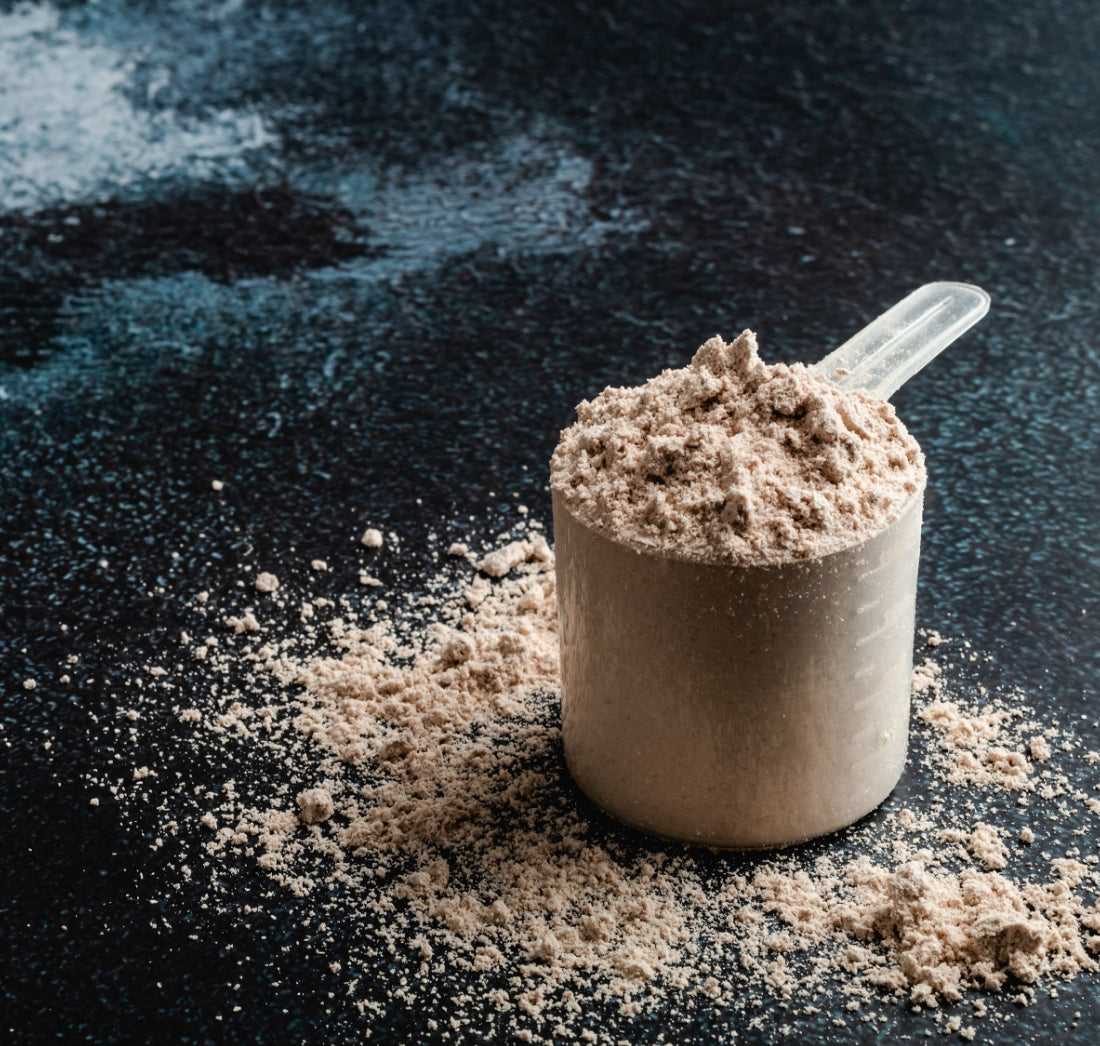1. Rich in Protein
Elk organ meats, especially the liver and heart, are packed with high-quality protein. Protein is essential for muscle repair and growth, providing the building blocks (amino acids) that athletes need after intense workouts .
2. High in B Vitamins (B12, B6, Riboflavin)
Elk liver and kidney are rich in B vitamins, particularly B12, which is critical for red blood cell production, oxygen transport, and energy metabolism—key for athletic performance and recovery.
3. Iron Content for Oxygen Delivery
Elk liver is an excellent source of heme iron, which is more bioavailable than plant-based iron. Adequate iron levels help athletes maintain optimal oxygen delivery to muscles, supporting endurance and recovery.
4. Zinc for Muscle Recovery
Elk kidney and liver provide significant amounts of zinc, which supports protein synthesis, wound healing, and the immune system. Zinc is crucial for post-workout recovery and reducing muscle inflammation.
5. CoQ10 for Energy Production
Elk heart is a rich source of Coenzyme Q10 (CoQ10), a nutrient involved in energy production within cells. CoQ10 enhances athletic performance by supporting energy availability and reducing muscle fatigue.
6. Omega-3 Fatty Acids for Inflammation Reduction
Elk organ meats contain omega-3 fatty acids, which help reduce inflammation, promote recovery, and protect muscles from oxidative stress after intense exercise.
7. Phosphorus for Muscle Contraction
Elk organs provide phosphorus, an essential mineral that plays a role in ATP (adenosine triphosphate) production. ATP is the energy currency for muscle contraction and function, crucial during workouts.
8. Selenium for Antioxidant Protection
Elk liver and kidney are great sources of selenium, which acts as an antioxidant to protect muscles from oxidative damage, especially during intense exercise.
9. Vitamin A for Muscle Repair
Elk liver is rich in vitamin A, which supports protein synthesis and muscle repair by promoting the growth and differentiation of muscle cells.
10. Creatine for Explosive Power
Elk heart provides natural creatine, which is crucial for explosive movements and high-intensity workouts. Creatine enhances energy availability in muscles during short bursts of activity.
References:
1. "Protein and Its Role in Athletic Performance," Journal of Sports Nutrition.2. "B Vitamins in Energy Metabolism and Athletic Performance," Sports Science Research.
3. "Iron and Oxygen Delivery in Endurance Athletes," International Journal of Sports Nutrition.
4. "Zinc's Role in Muscle Recovery and Immune Function," Journal of Nutrition & Metabolism.
5. "Coenzyme Q10 and Physical Performance," American Journal of Physiology.
6. "The Anti-Inflammatory Effects of Omega-3 Fatty Acids in Athletes," Journal of Sports Medicine.
7. "Phosphorus and Its Role in ATP Production," Journal of Cellular Physiology.
8. "Selenium and Oxidative Stress in Athletes," Sports Science Review.
9. "Vitamin A and Muscle Repair Mechanisms," Clinical Nutrition Journal.
10. "Creatine Supplementation and Athletic Performance," Sports Science and Medicine Review.
This list provides a snapshot of how elk organ meats can be a valuable addition to the diet of athletes focused on muscle growth and recovery.








Leave a comment (all fields required)